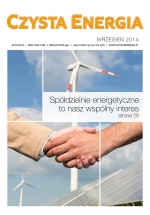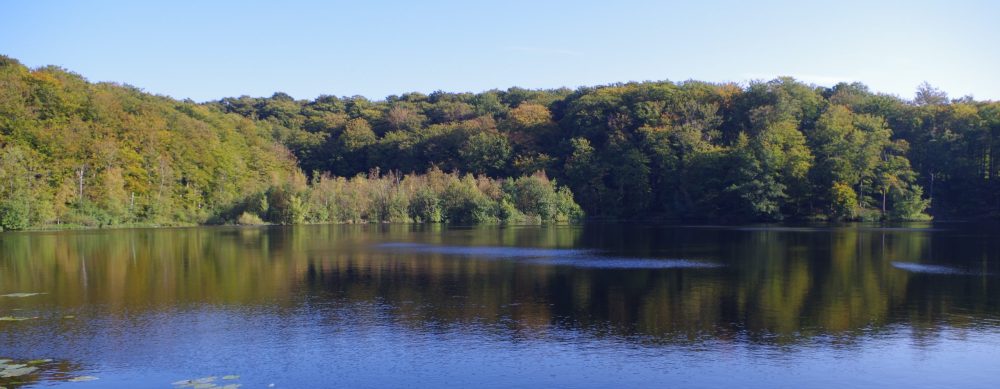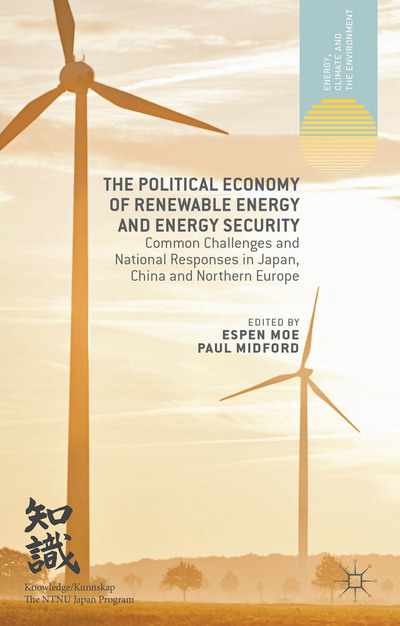My article “Przyszlosc energetyki odnawialnej w Niemczech – staly trend, nowe zasady” was published by the Heinrich Böll Stiftung Warszawa – you may read it here.
Category Archives: Photovoltaics
Final report of the Enquete Commission “New Energy for Berlin – The Future of the Energy Industry Structures”
Ich freue mich sehr über das Ergebnis der Arbeit der Enquete-Kommission des Abgeordnetenhauses von Berlin, an der ich beteiligt war: den Abschlussbericht “Neue Energie fü Berlin – Zukunft der energiewirtschaftlichen Strukturen”. Der Bericht wird auch bald in’s Englische übersetzt. Der Bericht ist verfügbar unter: http://www.parlament-berlin.de/ados/17/IIIPlen/vorgang/d17-2500.pdf
I am very pleased about the result of a work of the Enquete Commission of the Berlin House of Representatives, in which I was involved: the final report “New Energy for Berlin – The Future of the Energy Industry Structures”. The report will soon be translated into English. The report ist available online here: http://www.parlament-berlin.de/ados/17/IIIPlen/vorgang/d17-2500.pdf
Book chapter on German policy support mechanism for photovoltaics
My book chapter “The German Policy Support Mechanism fpr Photovoltaics: The Road to Grid Parity” was published in Moe, Espen and Midford, Paul (eds.), “The Political Economy of Renewable Energy and Energy Security. Common Challenges and National Responses in Japan, China and Northern Europe”, Palgrave Macmillan, pp. 258-275.
From the book description:
Bringing together renewable energy and energy security, the authors cover both the politics and political economy of renewables and energy security and analyzes renewable technologies in some of the most relevant and topical parts of the world. Japan is energy-scarce and still experiencing the aftermath of Fukushima. China is expanding its renewable energy capacity faster than any other country. Northern Europe has long been among the most progressive regions with respect to renewables – boasting Denmark and Germany, front-runners in wind and solar energy solutions – but also home to petroleum-based economies like Norway. By comparing and contrasting the experiences of such a diverse range of countries, this book identifies both barriers and success factors and explains why some countries have been so much more successful than others when it comes to renewable energy.
More information available on the website of Palgrave Macmillan.
Article on German energy cooperatives
 Published in Czysta Energia, 9/2014 (157). The article is also available online here.
Published in Czysta Energia, 9/2014 (157). The article is also available online here.
Spoldzielnie energetyczne – przyklad niemieckiej energetyki obywatelskiej
Prawie polowa instalacji fotowoltaicznych i wykorzystujacych biomase lub biogaz, a takze wiecej niz polowa elektrowni wiatrowych w Niemczech zostala sfinansowana przez obywateli.
To cztery razy wiecej niz wynosza inwestycje w OZE przedsiebiorstw energetycznych. Te energetyczne inwestycje obywateli okresla sie w Niemczech mianem Bürgerenergie, czyli “energetyki obywatelskiej”. To wszelkie projekty, w ktorych osoby prywatne i/lub lokalne przedsiebiorstwa (poza duzymi koncernami energetycznymi) pojedynczo lub wspolnie inwestuja wlasny kapital‚ w obszarze energetyki. Chodzi nie tylko o OZE, ale o wszelkie inwestycje w energetyce, np. zwiazane z siecia energetyczna czy oszczedzaniem energii. Mozliwe sa rowniez udzialy mniejszosciowe obywateli. Spoldzielnie energetyczne sa jedna z form energetyki obywatelskiej.
Article about the reform of the German renewable energy law available on-line
 My article “Obywatelska Energiewende zagrozona” published in Zielone Wiadomosci [Green News] March – April 2014 Nr. 19 (2/2014) has been also published on the website of “Green News”, you may read it here.
My article “Obywatelska Energiewende zagrozona” published in Zielone Wiadomosci [Green News] March – April 2014 Nr. 19 (2/2014) has been also published on the website of “Green News”, you may read it here.

